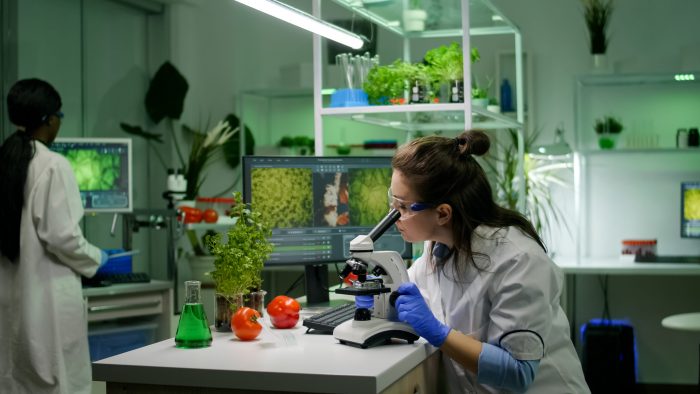KBSU became a member of the scientific and educational consortium «Health Engineering», initiated by NUST MISIS
As part of the implementation of the program of strategic academic leadership «Priority 2030», KBSU entered into an agreement with the Federal State Autonomous Educational Institution of Higher Education «National Research Technological University» MISIS «(NITU MISIS) and became a member of the scientific and educational consortium» Health Engineering «.
The task of the consortium is the development of modern methods for the diagnosis and treatment of serious diseases, the creation of new medical products. The consortium includes the Federal State Autonomous Educational Institution of Higher Education Russian National Research Medical University named after N.I. Pirogov of the Ministry of Health of Russia, Federal State Budgetary Institution named after V.P. Serbsky, Federal State Budgetary Institution named after N.N. Blokhin, FGBU NITsEM named after N.F. Gamalei», Institute of Molecular Biology named after V.A. Engelgardt of the Russian Academy of Sciences, National Research Tomsk State University, as well as the company «Konmet» and 3D Bioprinting Solutions. The chairman of the consortium is Vladimir Chekhonin, a well-known Russian immunochemist, academician, vice-president of the Russian Academy of Sciences. Vice-Rector for research Svetlana Hashirova noted:
Joining the consortium will allow KBSU scientists to accelerate the introduction of developed domestic polymeric materials into medical practice, join large-scale interdisciplinary projects in biomedicine and launch new network educational programs in the field of biomaterials science.
KBSU has developed import-substituting technologies and products in the field of advanced materials and additive technologies, created superstructural polymeric materials for medical purposes, including polymers for 3D printing of implants. These products are promising for use in reconstructive surgery, have successfully passed preclinical trials, received a biosafety passport, and are now in the process of launching clinical trials. KBSU operates a pilot production in the field of polymers and composites, aimed at ensuring technological sovereignty. University scientists have developed methods for guided repair in children with congenital malformations of the maxillofacial area using biocompatible polymers created at the university.
An implant for the spine from a superstructural polymer was created, a patent was obtained for an industrial design of a ceramic dental implant, which is cheaper and more accessible than modern popular imported analogues, while not inferior to them in quality. As part of the Health Engineering consortium at KBSU, the range of activities of KBSU scientists will expand, the demand for the results of research work, intellectual products and technological developments of the university will increase.

Translated by Gekkieva J.A.

